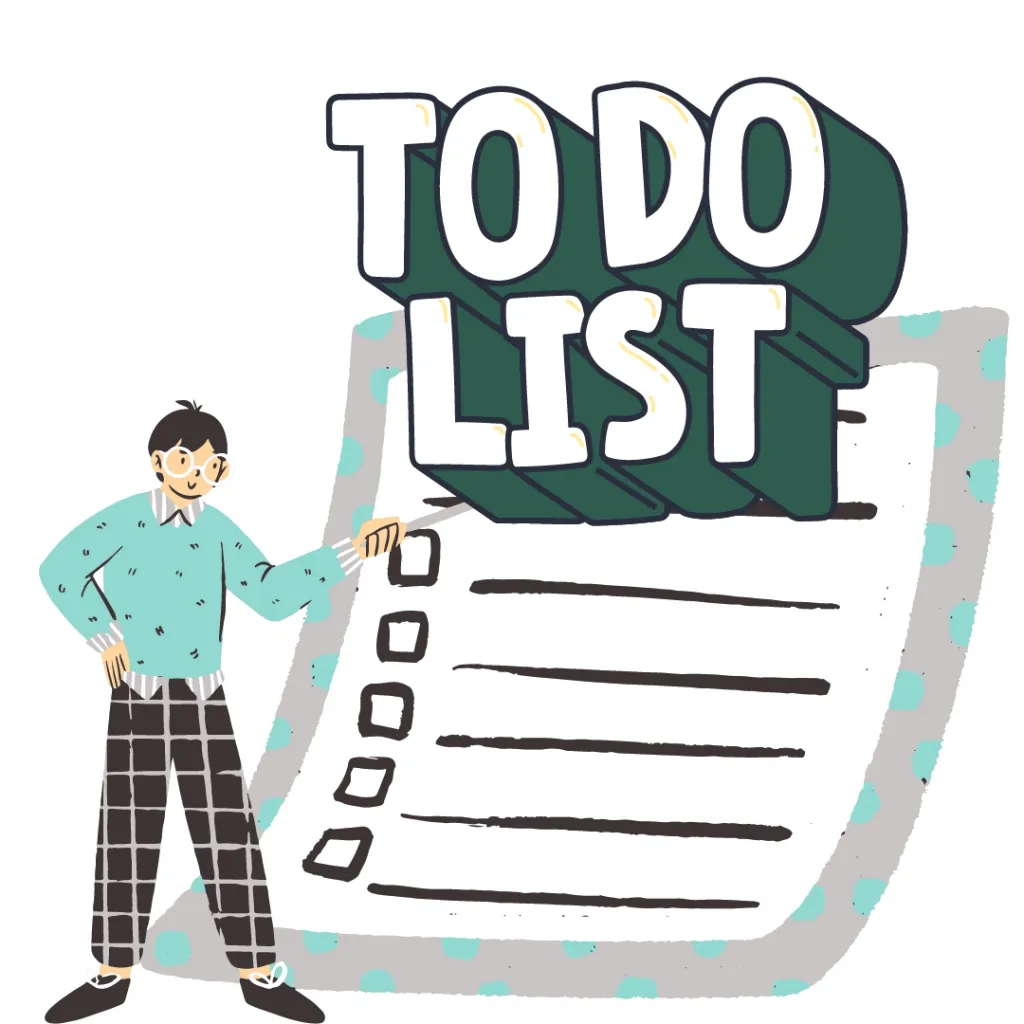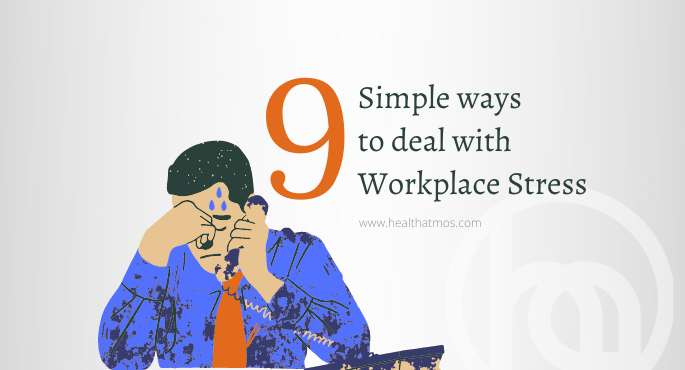How to deal with Workplace Stress?
Today’s economy is highly competitive and almost everyone has felt the pressure of workplace stress. Infact, any job will have stressful elements, even if you love your work. Some of the causes of work stress are:
- heavy workloads
- demanding management
- lack of work-life balance
- health concerns or other issues
- The economic effects of the Covid-19 pandemic have made some organizations lay off employees and thus increased workloads for their remaining employees.
The Effects of Uncontrolled Stress:
A stressful workplace can contribute to problems such as headache, sleep disturbances, stomach–ache, short temper, and difficulty concentrating. Chronic stress could result in anxiety, high blood pressure, insomnia, and a weakened immune system. often deal with it in unhealthy ways, such as eating unhealthy foods, overeating, smoking, or drugs and alcohol abuse.
-
Executive Health Checkup
-
Preventive Heart Check up
-
Health Screening Package
-
PCR Test for Travel
Health Atmos provides quick & quality corporate wellness programs, occupational health checkup and employee health screening that are affordable & cost-effective.
If untreated, stress at work can lead to more serious mental health issues such as anxiety, depression, and heart disease. People who experience excessive stress. Avoiding workplace stress may not be possible but let us take a look at how to identify the triggers of work-related stress. Learning what triggers your stress is the first step in workplace stress management. Make note of every situation that you feel is increasing your stress. Try to recognize any patterns so that you can tackle those specific stressors.
What are Some practical steps to manage your Stress?
1. Track your stressors.
Keep a journal for a week or two to identify which situations create stress and how to respond to them. Record your thoughts, feelings, and information about the workplace stress, including the people and circumstances involved, and how you reacted. Did you raise your voice? Taking notes can help you find patterns you should avoid and improve gradually.

2.Develop healthy responses.
Instead of attempting to fight stress with fast food or alcohol, find a way to make healthy choices when you feel the tension rise. Exercise is a great stress-buster. Make time for your favorite activities, whether it’s reading a novel, playing games or going to concerts, make sure to set aside time for the things that give you pleasure. Good quality sleep is also important to manage workplace stress.

3. Avoid multitasking.
Trying to complete multiple assignments at once can hinder concentration and leave one feeling overwhelmed. Employees can avoid multitasking and learn to plan ahead and focus on individual tasks before moving on to the next.

4. Establish boundaries.
In the digital world, it’s easy to feel the pressure of being available 24 hours a day. Establish some work-life boundaries for yourself. That means making a rule not to check email from home in the evening, or not answering the phone during dinner. People may have different preferences as to how much they blend their work and home life. However, creating some clear boundaries can reduce the potential for work-life conflict and the stress that goes with it.
5. Create work-life balance.
Employees should not try to “push through” and set aside ‘me-time’ regularly to prevent burnout. When possible, take time off to relax and unwind, so you come back to work feeling refreshed. If you’re not able to take time off, get a quick boost by turning off your smartphone and focusing your attention on nonwork activities for a while. Techniques such as meditation and deep breathing exercises can help you to deal with stress. Start the day by taking a few minutes to focus on a simple activity like breathing, walking, or enjoying a meal.

6. Avoid Stressful People and Subjects.
At times the source of workplace stress is not necessarily workloads or deadlines but co-workers. When it comes to conversations with co-workers, it is always best not to gossip, don’t share too many of your personal opinions about religion and politics with the interest of preserving relationships and a peaceful work environment. As far as possible, avoid people who don’t work well with others. If conflict finds you anyway, use a sense of humor to diffuse the situation.
7. Stay Organized.
Work on your time management skills and create schedules for yourself. Planning ahead can greatly decrease your stress at work and can allow employees to focus on completing assignments based on importance. Divide the larger tasks into small manageable sections. Keeping yourself organized means avoiding the negative effects of clutter, and being more efficient with your work.

8. Talk to your supervisor.
Employee health is linked to productivity at work, so creating a work environment that promotes employee well-being is vital. When you’re stressed you can have an open conversation with your supervisor. The purpose of this is not to lay out a list of complaints, but rather to come up with an effective plan for managing the stressors you’ve identified, so that you can perform your best on the job. While some parts of the plan are designed to help you improve your skills in areas such as time management, other elements may include clarifying what’s expected of you.
*Workplace discrimination or verbal abuse are some stressors that may need a manager’s intervention.
9. Get some support.
Accepting help from trusted friends and family members will improve your ability to manage stress. Your employer may also have stress management resources available through an employee assistance program, such as online information, and referral to mental health professionals, if needed. If you continue to feel overwhelmed by work stress, you should talk to a psychologist, who can help you to manage stress and change unhealthy behavior.

Every job involves responsibility, which includes some level of stress. Often, the more responsibility and higher the salary, the more stressful it is. Regardless of how much stress a job involves, an employee’s tolerance for stress and coping skills can make the difference in both work output and personal health.
Health Atmos provides best preventive health checkup packages such as heart checkup, full body checkup packages, fitness checkup, annual corporate checkup, executive checkup, couple checkup and family health checkup at 40% less than market cost with same day reports. If you want to know more about corporate health checkup packages, fill in the form and our executive will help you with an exclusive plan for you at the earliest. Stay Healthy! Stay Safe!

